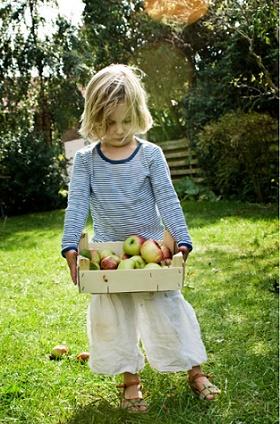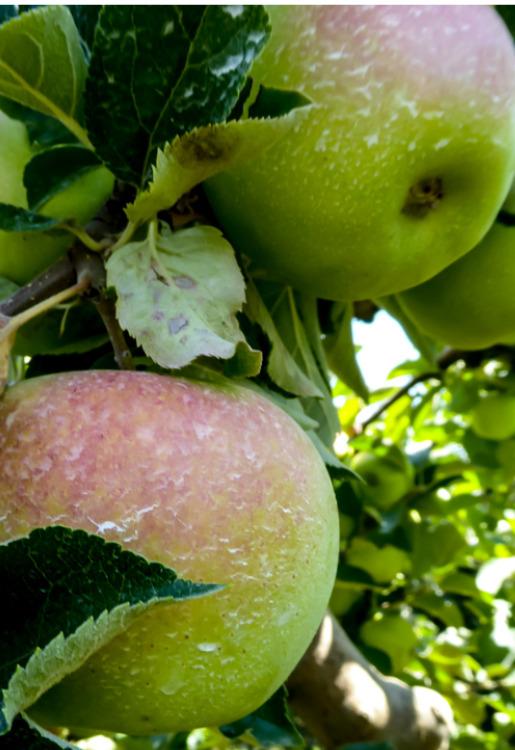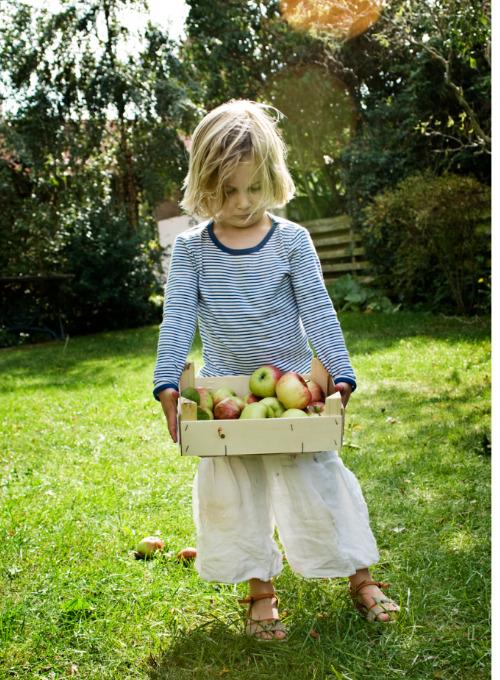
What is Chlorpyrifos? This Harmful Pesticide Should Have Been Banned From Food Years Ago.
Chlorpyrifos (pronounced “klor-PEER-a-foss”) is a commonly used pesticide that damages the developing brains of children. Significant science shows that exposures to low levels of chlorpyrifos early in life can lead to increased risk of learning disabilities including reductions in IQ, developmental delay, autism, and ADHD. Even low-level exposure during pregnancy and childhood worry pediatricians and children’s health experts for increasing the risk of these lifelong impairments in children.
Last fall, the U.S. Environmental Protection Agency deemed this pesticide to be unsafe and announced it would ban the chemical on food, but the Trump Administration has refused to finalize the ban. This means that millions of pounds of this poisonous chemical continue to be sprayed on the fruits and vegetables that women and children across the United States eat every day, contaminating our food supply and drifting off of fields into our homes and schools.
The amount of chlorpyrifos residue consumed by one person in a day can add up quickly, because many different kinds of fruits contain these residues. Fruits that are big favorites for kids, such as apples, peaches, oranges and strawberries, are widely grown using chlorpyrifos and testing regularly finds residues.
Toxic chlorpyrifos residues are routinely found on fruits and vegetables even after washing; they’ve even been found under the peels of oranges and other citrus, or in the fruit under the rind of melons. Scientific analysis conducted by the EPA has concluded that the amount of this chemical ingested by young children could exceed safe levels by 140 times.
All of this has justifiably alarmed pediatricians and policymakers. Ultimately it has led the American Academy of Pediatrics to call for a ban on chlorpyrifos, and for attorneys general in seven states to formally object to the Trump administration’s refusal to get this pesticide out of the fields, and off our plates, for good.
In fact, scientists, pediatricians, and advocates for children and the environment have been sounding the alarm on chlorpyrifos for decades. In 2000, an overwhelming acknowledgement of the risks that the chemical posed to children resulted in a ban on indoor uses. (It had been a popular choice to kill cockroaches and ants.) But chemical companies pushed back hard and were able to retain the lucrative agricultural market even though it meant poisoning farmworkers, contaminating the air and water, and leaving toxic residues on our food.
As a result, chlorpyrifos is now ubiquitous in the bodies of Americans. Multiple studies have shown that these levels are directly linked to eating conventional, non-organic produce—the kind that’s typically grown with the aid of pesticides. Alternatively, studies have shown that when children consume an organic-only diet, chlorpyrifos levels in their bodies plummet. Unfortunately, children growing up in agricultural communities—many of them with parents who work in the fields—are hit the hardest. These children display much higher levels of chlorpyrifos in their systems. Studies have tied this increased exposure to increased risk of IQ point loss and developmental delays.
Fruits and vegetables are a nutritious and essential part of a healthy diet for kids and pregnant women. NRDC is continuing to fight at the federal and state level—and in the courts—to force policymakers and regulators to take action and ban this dangerous chemical from our food supply. In the meantime, the best way to protect your kids is to go organic as much as possible when you’re pregnant or feeding kids in the house. Organic produce helps protect you from toxic residues, prevent poisoning of farmworkers and agricultural communities, and sustains natural resources.





The views and opinions expressed in this post are those of the author(s) and do not necessarily reflect those of MomsRising.org.
MomsRising.org strongly encourages our readers to post comments in response to blog posts. We value diversity of opinions and perspectives. Our goals for this space are to be educational, thought-provoking, and respectful. So we actively moderate comments and we reserve the right to edit or remove comments that undermine these goals. Thanks!